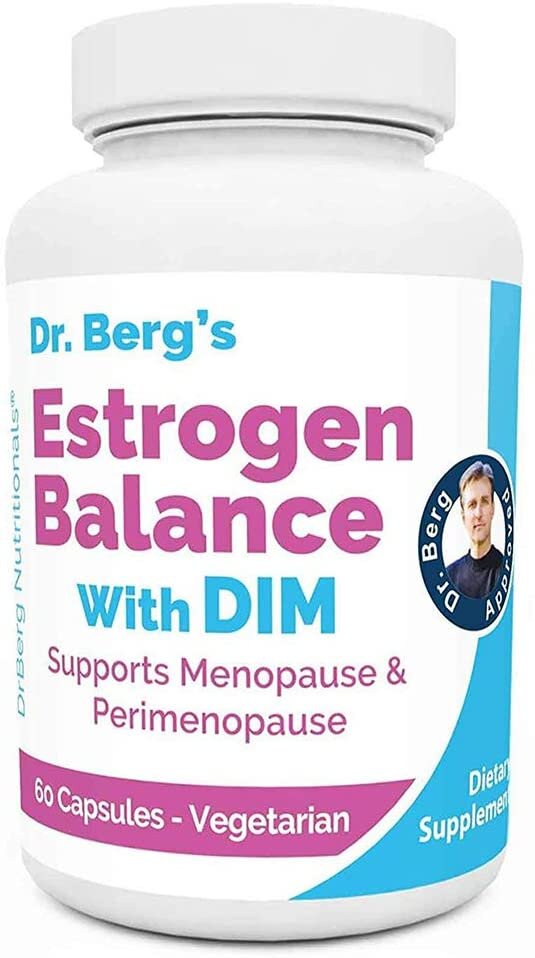Why your breasts love cruciferous vegetables
Photo by Tannalee Youngblood
We all know kale became trendy in the past several years and if you jumped on board the band wagon, bravo! Cruciferous vegetables are of one the most important food groups when it comes to women’s health namely due to their hormone balancing properties and high antioxidant levels.
The cruciferous vegetable family includes broccoli, kale, brussels sprouts, bok choy, cauliflower, cabbage, collard greens, mustard greens, turnip, kohlrabi, watercress and radishes. They are incredibly supportive of a healthy estrogen metabolism and healthy breasts.
The two most active ingredients in the cruciferous family are indole-3-carbinol and sulforaphane.
Indole-3-carbinol helps balance estrogen levels and supports liver detoxification.
You’ve probably seen or been recommended indole-3-carbinol supplements if you suffer from hormonal imbalance. I’ve taken them and seen some great results. As much as we’d like to eat cruciferous vegetables each and every day, this just isn’t a reality for most people and sometimes we need a little help.
Sulforaphane is an incredibly powerful natural compound known to help stop the growth of tumors and inhibit breast cancer stem cells. The highest levels are found in broccoli sprouts.
*Watch video #1 below to find how much you should consume. Very doable.
Cruciferous Vegetables And Their Benefits
Kale is one of the best cancer fighting foods on the planet. Helps regulate estrogen and provides high levels of phytonutrients. A few more reasons to add kale to your smoothie.
Cabbage kills bacteria and viruses, stimulates the immune system, inhibits the growth of cancerous cells, protects against tumors, helps control hormone levels, affects sex drive, fertility and menopause symptoms. It can also boost the metabolism of estrogen. One of my favourite ways to increase my cabbage intake is by consuming sauerkraut (fermented cabbage). Not only can you boost your beneficial bacteria but you can add it to just about every meal.
Cauliflower stimulates the body’s detoxification process, slows tumor growth, lowers circulating estrogen levels which lowers the risk of breast cancer. A great reason to try that cauliflower mash or rice you’ve heard so much about.
Broccoli protects cells from free-radical damage and carcinogens. It has an abundance of chlorophyll which stops cell mutations. It's also a great source of calcium, vitamin C and E.
If eating any of these vegetables causes any discomfort, bloating or gas, you might have low levels of alpha-galactosidase (an intestinal enzyme needed for the complete digestion of complex carbohydrates) or you might have food sensitivities. To avoid this, build your digestive tolerance by adding ½ cup of these vegetables twice a week and gradually increase. You can also supplement with the missing enzyme if you know you don’t have any intolerances.
If you’re like me and you have slight to moderate food sensitivities to some of these vegetables (mine are broccoli, cauliflower and kale in this category), some have to be taken out of the diet for several months or eaten on rotation such as every fourth day. Maybe it’s because I ate so many of these vegetables growing up, you know, hidden in all those cookies and hot dogs.
Recap
Eat a variety of cruciferous vegetables this week
Buy or make (it's easier than you think) your own sauerkraut
Throw some kale into your morning smoothie or juice
Don’t forget to add broccoli sprouts to your grocery list!
Tools
Articles
Learn how to find relief for common breast symptoms with Dr. Northrup.
More benefits of eating your cruciferous vegetables.
Videos
All are a must watch
Dr. Gregor talks about the benefits of sulforaphane and breast health. (1:50)
Dr. Gregor discusses the benefits of broccoli versus breast cancer stem cells.(2:52)
Discover how to control and reverse estrogen dominance wth cruciferous vegetables.(5:32) Don't mind the robotic voice.
Recipes
Learn how to make cauliflower rice
Kale chips anyone?
Learn from the fermentation guru, Sandor Katz, how to make your own sauerkraut.
Food Sensitivity Test
If you think you might suffer from any type of sensitivity or intolerance whether it be to food, herbs, additives or environmental chemicals, I recommend the Alcat Food Sensitivity test. I’m so happy that I invested the money. It’s on the more expensive side but so worth it. It provided so many answers and resolved lots of issues (itchy skin, nose bleeds, unexplained skin lesions and other weird symptoms). You’d be amazed how food sensitivities can create so many problems. I can’t recommend this enough. It’s important to note, the foods we have sensitivities to the more our gut is an inflamed state. Once you heal your gut, you should be able to eat all the foods you once had sensitivies/allergies to.

